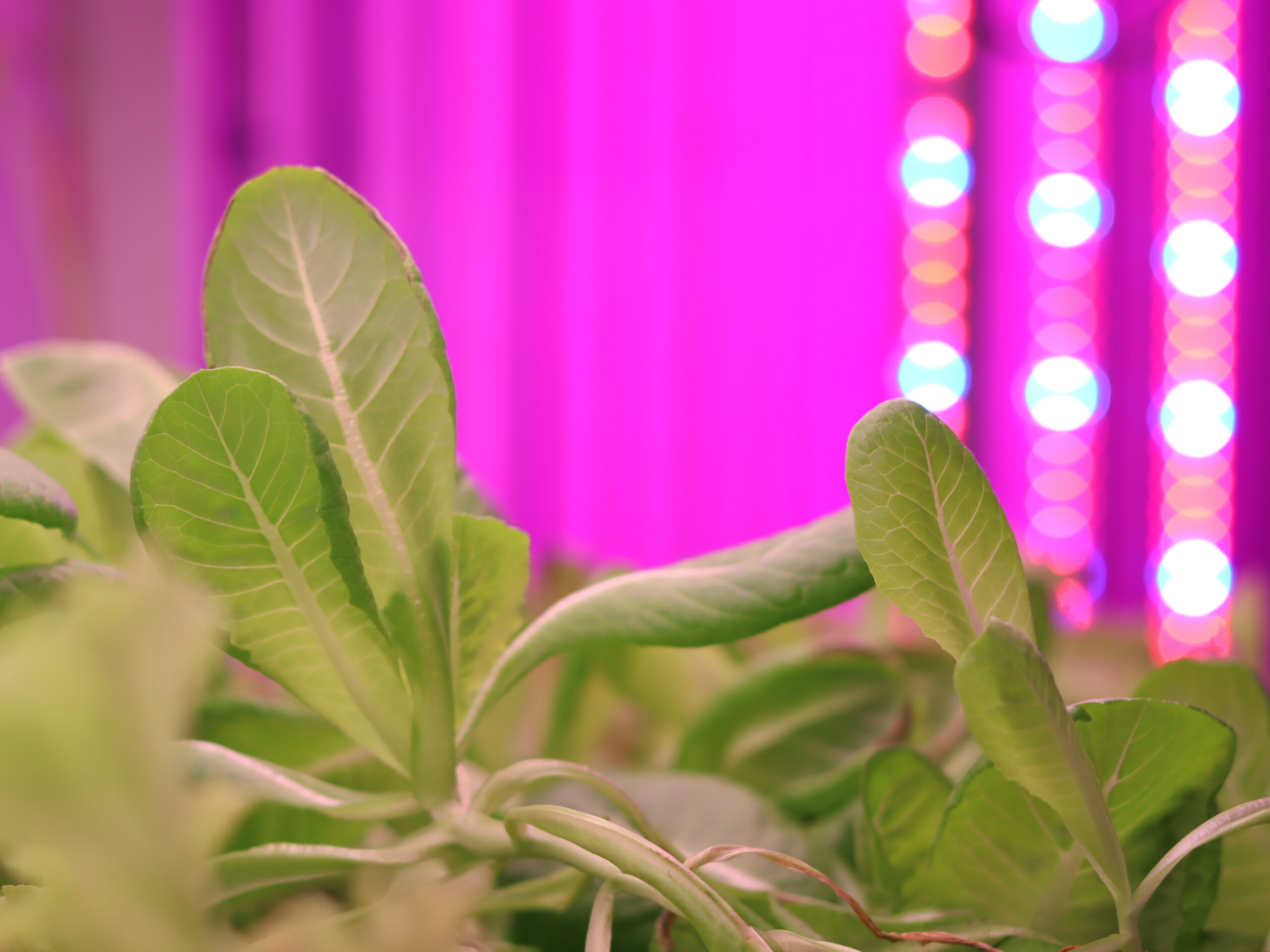
The Role of Lighting in Hydroponics: A Comprehensive Guide
Hydroponics, the art of growing plants without soil, has revolutionized agriculture. Yet, the unsung hero of successful hydroponic systems often hides in plain sight – lighting. In this comprehensive guide, we’ll delve into the intricacies of how lighting influences plant growth in hydroponic setups.
I. Introduction
Hydroponics, a soilless cultivation method, is gaining popularity for its efficiency and sustainability. However, the role of lighting in hydroponics is often underestimated. Lighting is not just about brightening up the growing space; it profoundly impacts the plants’ growth and development.
II. Types of Lighting Systems

A. High-Intensity Discharge (HID) Lights
Metal Halide (MH) bulbs and High-Pressure Sodium (HPS) bulbs are workhorses in hydroponics, offering different spectrums suitable for various growth phases.
B. Light Emitting Diodes (LED) Lights
LED lights have surged in popularity due to their energy efficiency and customizable spectrum. Understanding their advantages is crucial for maximizing hydroponic yields.
C. Fluorescent Lights
Compact Fluorescent Lamps (CFL) and T5 fluorescent bulbs provide cost-effective alternatives, particularly for smaller-scale hydroponic setups.
III. Understanding Light Spectrum

A. Photosynthetically Active Radiation (PAR)
Unlock the secrets of Photosynthetically Active Radiation (PAR) and learn how to tailor the light spectrum to different plant growth stages.
B. Color Temperature
Explore the relationship between color temperature and plant growth, and discover how choosing the right temperature can make or break your hydroponic venture.
IV. Light Intensity and Duration

A. Daily Light Integral (DLI)
Delve into the concept of Daily Light Integral (DLI) and learn how to calculate and adjust it to ensure optimal plant growth throughout their life cycle.
B. Foot-candle and Lux Measurements
Unravel the mysteries of light intensity measurements, understanding the significance of foot-candles and lux in preventing light stress and deficiencies.
V. Positioning and Hanging Height

A. Importance of Light Distribution
Learn the art of preventing hotspots and shadows by strategically placing your lights, and discover how adjusting hanging height influences different growth stages.
VI. Supplemental Lighting Techniques

A. Light Movers and Reflectors
Optimize light coverage with the use of light movers and reflectors, enhancing energy efficiency and promoting uniform growth.
B. Light Spectrum Manipulation
Master the art of supplemental lighting with UV and far-red light, tailoring light recipes to meet the specific needs of different crops.
VII. Common Lighting Mistakes to Avoid

A. Overlooking the Light Spectrum
Avoid the pitfalls of an imbalanced spectrum and explore solutions for optimizing the light spectrum in your hydroponic system.
B. Ignoring Proper Maintenance
Understand the importance of regular bulb replacement and cleaning, and monitor for signs of wear and tear to ensure a long and effective lighting lifespan.
VIII. Conclusion
As we wrap up this comprehensive guide, remember that the role of lighting in hydroponics extends far beyond illumination. It’s a dynamic force shaping the success of your hydroponic venture. By understanding and optimizing your lighting setup, you embark on a journey to unlock the full potential of soilless cultivation, reaping the rewards of healthier, more abundant harvests.


